As nations push ahead with missions to send humans to Mars on journeys lasting hundreds of days, a burning question is being asked: Can humans conceive and give birth in the harsh environment of space?
A trip long enough to carry a pregnancy to full term means facing an unprecedented array of biological and medical risks.
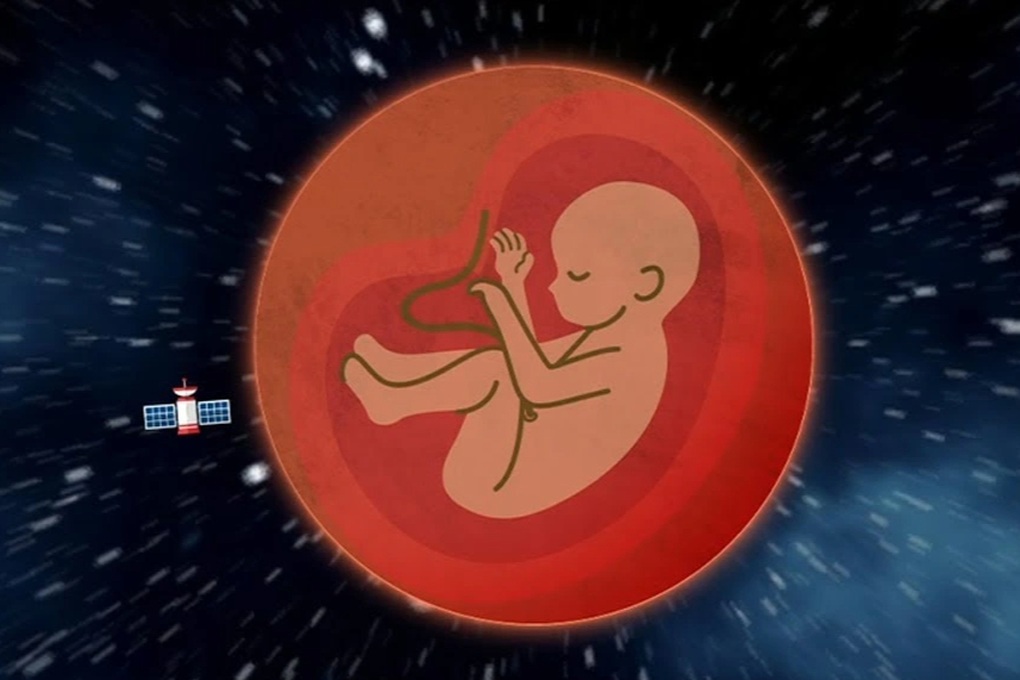
Giving birth in space, what will be the impact on the fetus (Photo: BBC News).
Microgravity: Changes in the mother's body and fetal development
Even on Earth, pregnancy is risky. About two-thirds of embryos fail to develop to birth, often due to genetic abnormalities or failure to attach to the uterine wall.
These risks are greatly increased in the space environment, where gravity is near zero, fluids and human bodies are constantly floating, and there is a constant threat from cosmic radiation.
Microgravity affects almost every biological function, from blood circulation and cell metabolism to posture and sense of orientation. Experts say that conceiving in space could be problematic because sperm and eggs may not move, combine or implant properly in the absence of gravity.
Even if the embryo successfully implants in the uterus, the pregnancy can continue, but giving birth and caring for the newborn will be a major challenge.
In a state of zero gravity, maintaining a fixed position is almost impossible. Both the mother and the baby's bodies will float. Fluids such as blood, amniotic fluid or breast milk do not "flow" in the usual way but move chaotically, causing difficulties in childbirth, breastfeeding and postpartum hygiene.
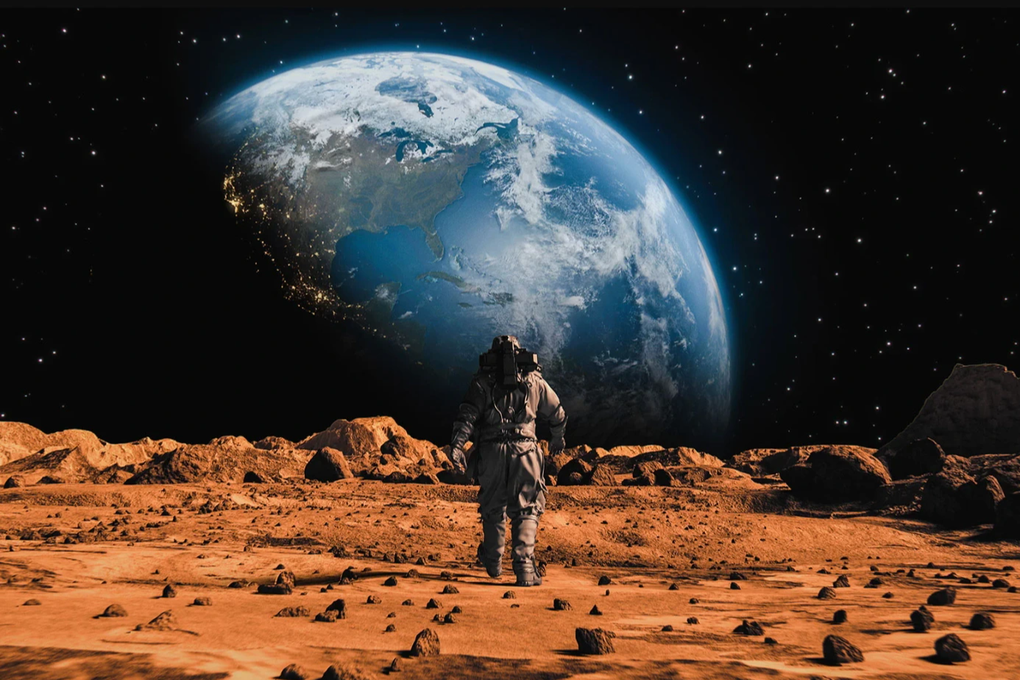
Humanity is not yet ready to conceive and raise children in space (Illustration: Getty).
However, it should be noted that the fetus already lives in a "pseudo-zero gravity" environment of amniotic fluid in the uterus, which can help the fetus's body adapt somewhat.
But after birth, babies need gravity to develop postural reflexes, such as learning to hold their heads up, sit up, crawl, and walk. Without an “up” or “down,” their brains may not understand orientation, leading to movement disorders or developmental abnormalities.
Cosmic radiation: A silent but dangerous threat
Aside from gravity, cosmic radiation is one of the biggest dangers in space. On Earth, we are protected by our atmosphere and magnetic field, but in space, humans are virtually exposed to high-energy particles traveling at near-light speeds.
These are atomic nuclei that have lost all their electrons, and are capable of penetrating body tissue and causing DNA damage.
Especially in the first month of pregnancy, when cells are dividing and forming body structures, just a random collision of cosmic rays into a sensitive area can cause the embryo to stop developing, leading to a miscarriage, even without being detected.
Although the probability is low, the consequences are huge.
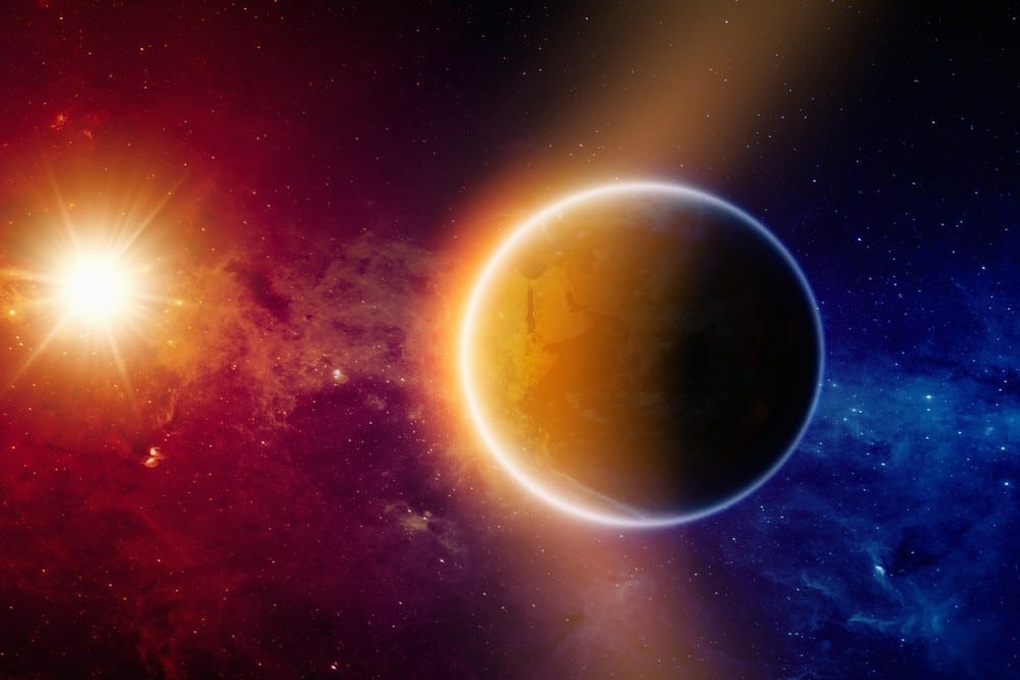
Cosmic radiation can penetrate body tissue and damage DNA (Photo: Getty).
As the fetus grows larger, cosmic rays are more likely to hit the uterus, causing premature contractions and leading to unwanted labor. In an environment with limited medical facilities, premature babies born in space have little chance of survival.
Even after birth, radiation risks persist. Infants continue to develop their nervous systems throughout their first years of life. Long-term exposure to cosmic rays can severely affect memory, cognition, and behavior, with long-term mental and physical health consequences.
All of these factors suggest that pregnancy and childbirth in space is a theoretical possibility, but still far from being a safe reality.
For that to happen, we need effective radiation shielding technologies, environments that simulate gravity for proper child development, and advanced space medical systems to handle any medical complications that may arise.
Until that is achieved, extraterrestrial pregnancy is likely to remain a high-risk experiment, and humanity is not yet ready to take such a bold step.
Source: https://dantri.com.vn/khoa-hoc/dieu-gi-se-xay-ra-neu-mot-em-be-duoc-sinh-ngoai-khong-gian-20250728070514741.htm






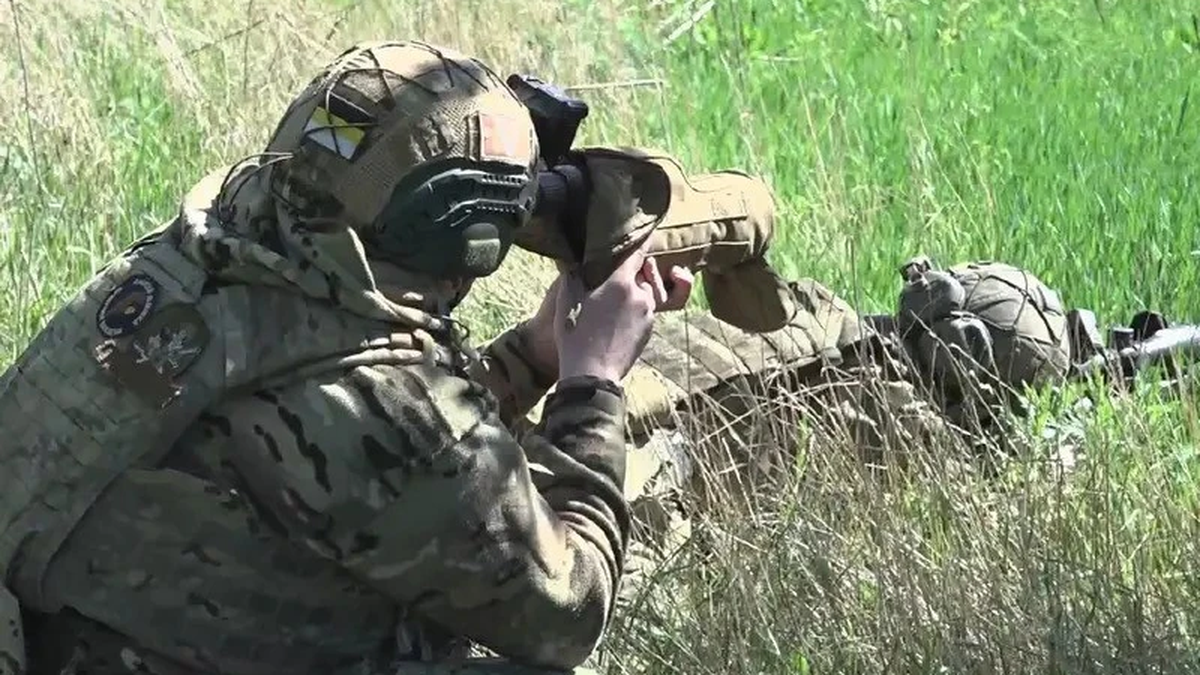



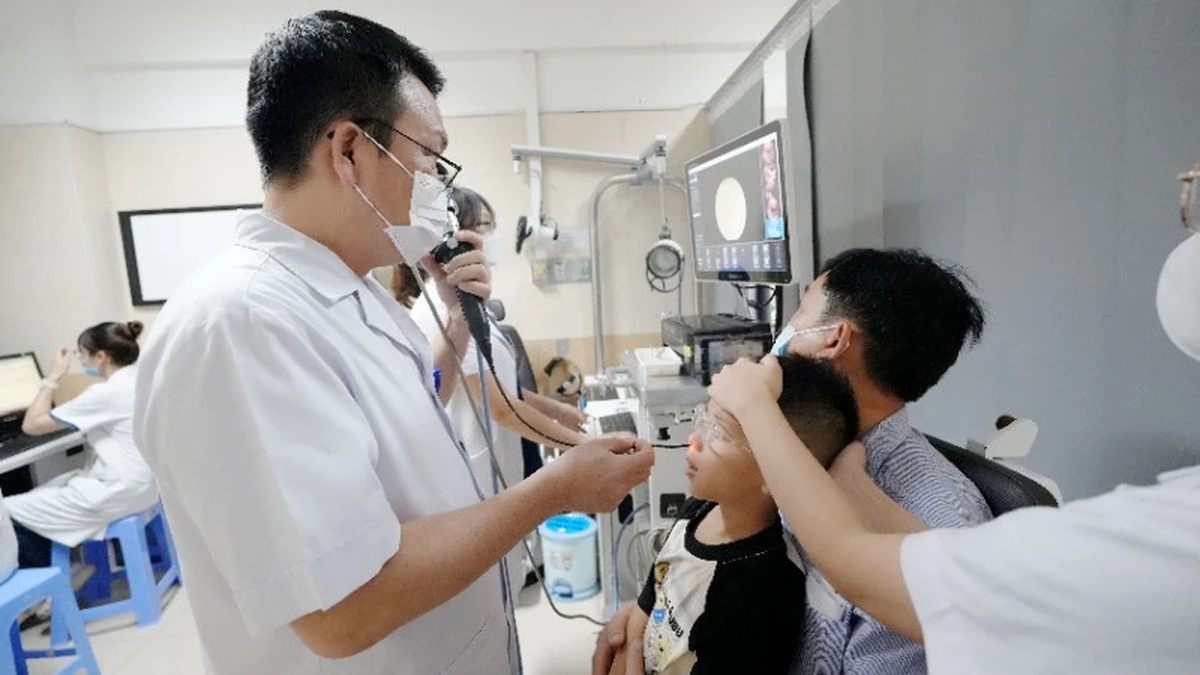












































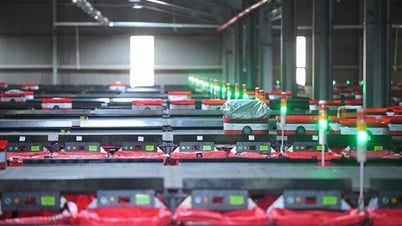



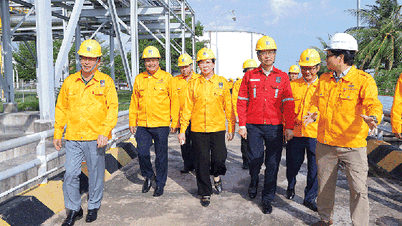

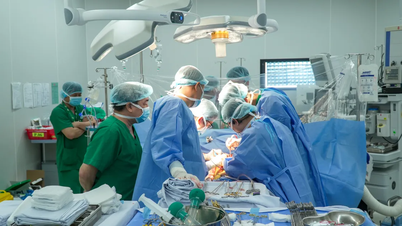




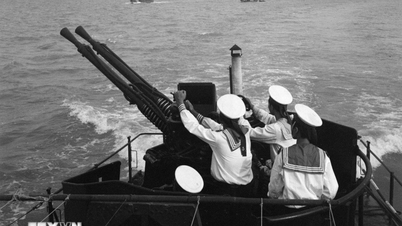







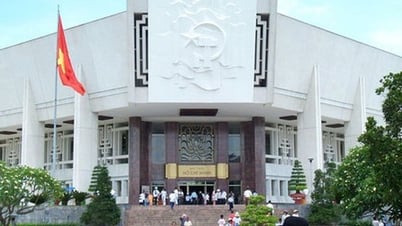



























Comment (0)